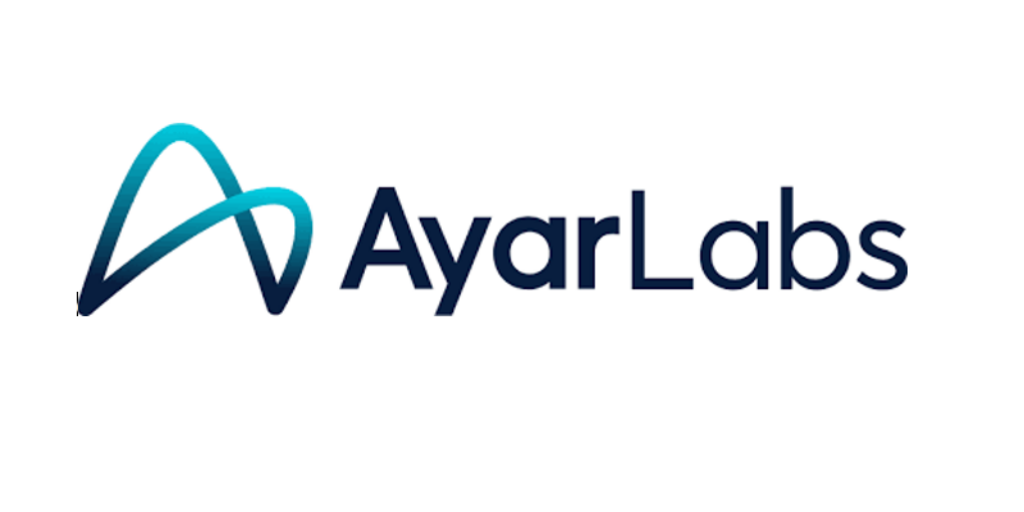April 7, 2022 — As of 31 March, 2022, the EU-funded coordination and support action FocusCoE said it has successfully completed its project activities, which have supported the European High-Performance Computing Centres of Excellence (HPC CoEs) by enhancing their interaction with industry, facilitating inter HPC CoE collaboration, and strengthening their position in the European HPC ecosystem.
FocusCoE said it broadened the promotion of EU HPC CoEs and their relevance inside and outside of the EU HPC ecosystem through a variety of compiled materials on HPC CoE activities including some for a non-technical audience. Lastly, FocusCoE created the HPC CoE Council (HPC3) and the central hub for CoE resources at hpccoe.eu, which will both continue supporting ongoing and future HPC CoEs to coordinate their efforts and reaching new stakeholders in European industry, research, and public administration.
Although the originally planned methods for supporting CoEs had to be modified due to the Covid-19 pandemic, the major objectives have borne fruit – realizing a great deal of cross-CoE collaboration and interaction. As an example, FocusCoE coordinated concerted outreach to industry by identifying and organizing participation in 11 sectorial events related to work being done by HPC CoEs. In all, the EU HPC CoEs are active in the domains of energy, computational (bio-)medicine, material science, engineering, computational chemistry, earth system modelling, and global challenges. FocusCoE also hosted workshops for the HPC CoEs addressing various aspects related to business development and best practices for industry outreach. Additionally, 6 CoE directed training events were organized around EU HPC training needs and best practices while trainings offered by HPC CoEs were promoted via a centralized CoE training registry. The Covid-19 related shift from in-person to virtual activities in the middle of the project also prompted FocusCoE to create template materials and guides for both in-person and virtual events, which will support current and upcoming EU HPC CoEs in a greater variety of activities in the future. Overall, these activities worked to increase awareness of and competence in HPC applications across the EU HPC ecosystem to ensure a robust user base for the HPC CoE software that will be used on the next generation of HPC machines.
“While each individual CoE has had a primary objective to prepare their community’s applications for Exascale computing,” says Project Coordinator Guy Lonsdale, “we have seen many benefits arising from cross-CoE collaborations and presenting a common strategic position with regards to the development of the EuroHPC ecosystem. I am pleased to see that FocusCoE played a key role in that.”
Public awareness and understanding of high-performance computing were strengthened through the creation of a variety of FocusCoE resources. Based on HPC CoE activities, FocusCoE selected success stories and use cases to illustrate the breadth of HPC CoE work to audiences unfamiliar with the EU HPC CoEs. Additionally, FocusCoE consolidated various HPC CoE contributions to addressing societal challenges for a non-technical audience. An article published in the first year of the Covid-19 pandemic explained how HPC CoEs working in everything from biomolecular modelling to materials science were helping combat the pandemic. More recently, an article on how HPC CoEs are helping to mitigate the consequences of climate change provided a non-technical explanation of work in novel materials for carbon capture, alternative sources of energy, and computer modelling to track urban air pollution.
The important role played by the HPC CoEs is illustrated by their continuation within the latest EuroHPC Joint Undertaking work programme. Accordingly, strategic collaboration among HPC CoEs will continue to be supported by FocusCoE activity through its creation of the HPC CoE Council, which is maintaining its independent operation after the end of the project. The unique one-stop-shop central hub of CoE information will also endure on the hpccoe.eu website. Going forward, many of the CoEs have the potential to contribute to the European objective of reducing global dependencies through their HPC-enabled tools supporting the development of new technologies and solutions, for example in the areas of renewable energy and new materials.



